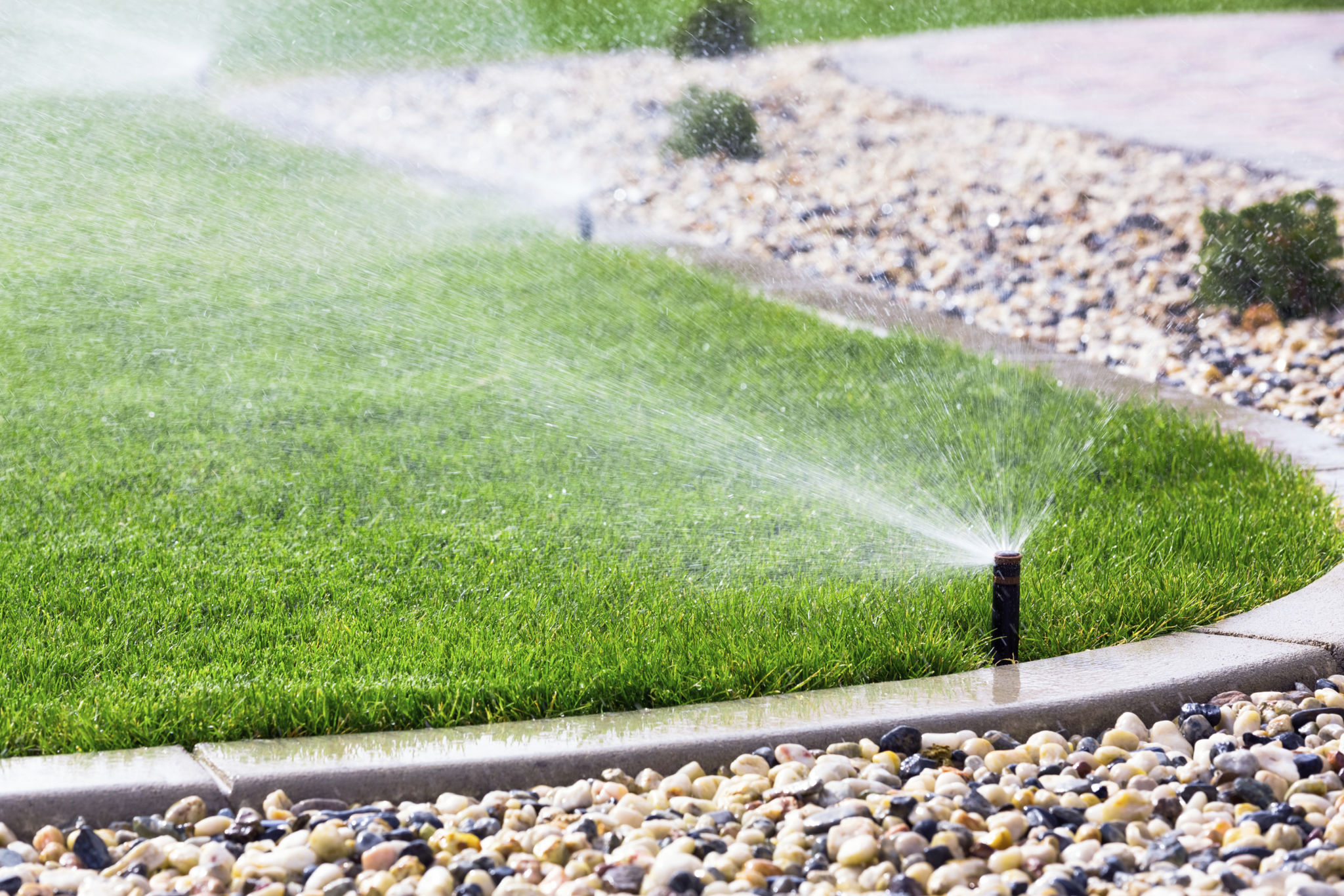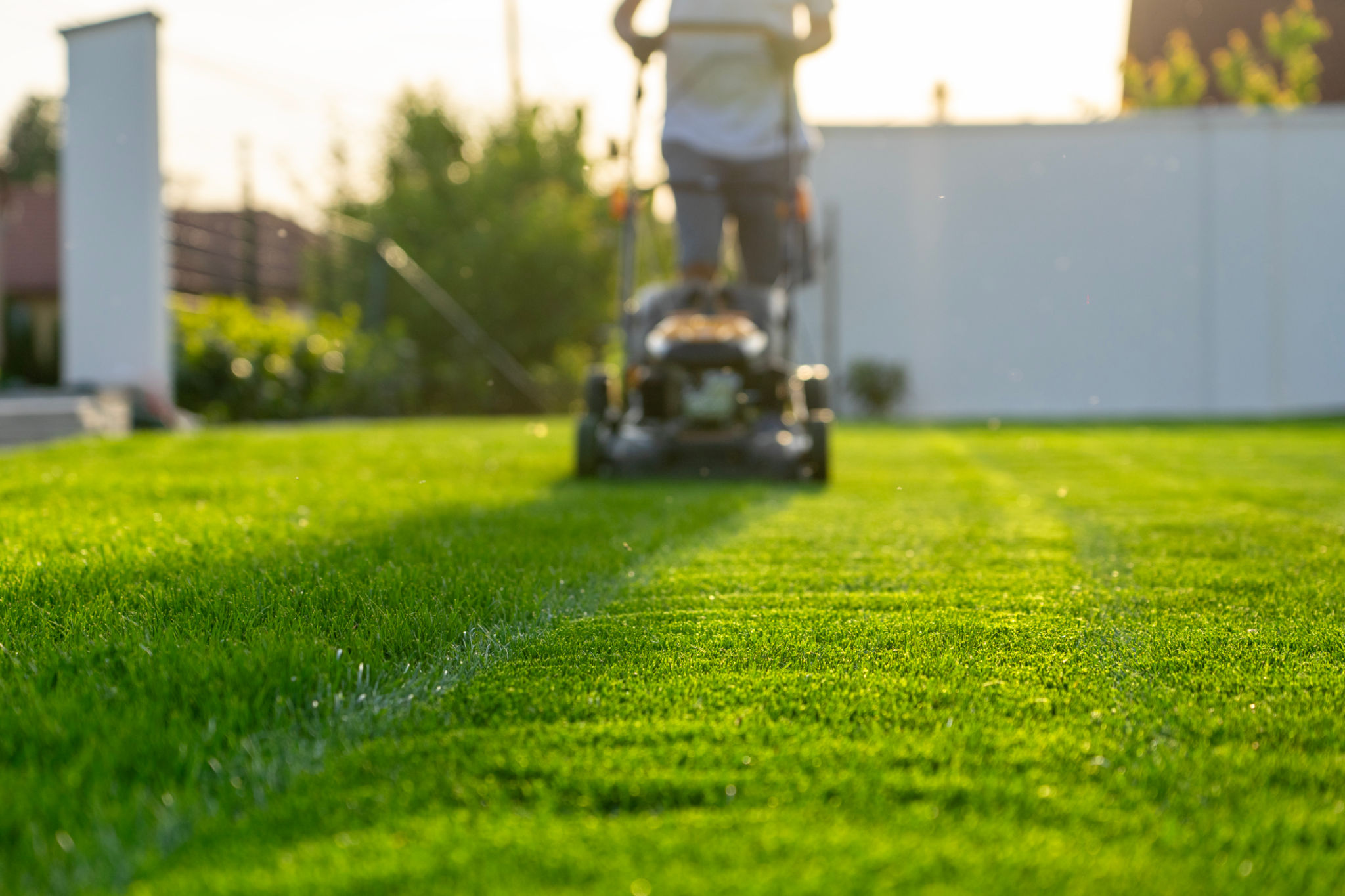Seasonal Lawn Care Guide: Preparing Your Lawn for the North Carolina Summer
Understanding North Carolina's Summer Climate
As the summer months approach, North Carolina's climate can become quite challenging for maintaining a lush and healthy lawn. With high temperatures and humidity, it's essential to understand how these conditions can affect your grass and what you can do to prepare. The combination of heat and moisture can lead to rapid growth of both grass and weeds, making regular maintenance crucial.

Choosing the Right Grass Type
The type of grass you choose for your lawn plays a significant role in how well it will withstand the summer heat. In North Carolina, warm-season grasses like Bermuda, Zoysia, and Centipede are popular choices because they thrive in high temperatures. These grasses are more drought-resistant and will remain green and vibrant throughout the summer if properly maintained.
Watering Techniques for Hot Weather
Watering is one of the most critical aspects of summer lawn care. It's important to water deeply but infrequently to encourage deep root growth. Aim to water your lawn early in the morning when temperatures are cooler and evaporation is minimized. An inch of water per week is generally sufficient, but adjust according to rainfall and specific lawn needs.

Fertilization Strategies
Fertilizing your lawn during the summer can provide essential nutrients that promote healthy growth. Use a slow-release fertilizer specifically designed for warm-season grasses to avoid burning your lawn. Applying fertilizer in early summer ensures your grass has the nutrients it needs to endure the season's heat.
Mowing Tips for a Healthy Lawn
Mowing is more than just keeping your lawn neat; it's vital for its health. Set your mower blades higher during the summer months to allow grass to grow longer, providing shade for the roots and reducing water loss. Never cut more than one-third of the grass height at a time to reduce stress on the plants.

Pest and Weed Control
The warm weather also brings out pests and weeds, which can quickly invade your lawn if not managed properly. Regularly inspect your lawn for signs of pests like grubs or chinch bugs, and consider using natural or chemical treatments if necessary. For weeds, consistent mowing and hand-pulling can help manage their spread.
Aeration and Soil Health
Aeration can greatly improve your lawn's ability to absorb water and nutrients by allowing air to reach the roots more efficiently. Consider aerating your lawn in late spring or early summer to prepare it for the growing season. Healthy soil is fundamental to a thriving lawn, so regularly test your soil's pH and nutrient levels.
Conclusion: Consistent Care for Lasting Results
Preparing your lawn for the North Carolina summer requires a combination of understanding local climate conditions, selecting the right grass type, and implementing effective maintenance practices. By focusing on watering, fertilization, mowing, pest control, and soil health, you'll ensure a lush, green lawn that can withstand the summer heat. Remember, consistent care is key to achieving lasting results.